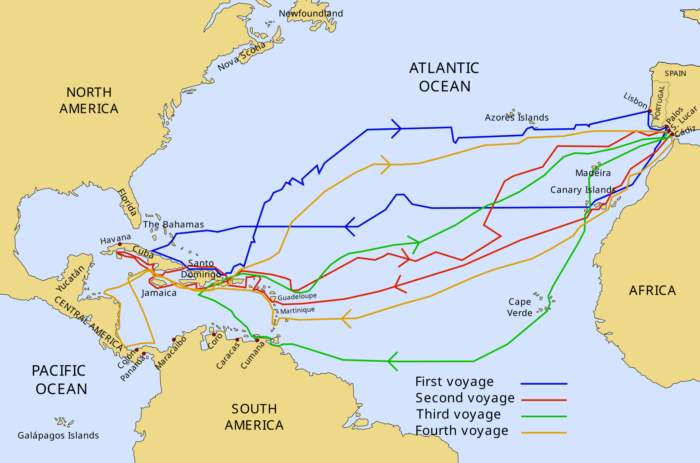redo Jump to...
print Print...
(by Manon McKinnon, Spectator.org) – Imagine this: a campaigning lawmaker speaks to a rally and here is what he says: “Vote for me, folks, and I’ll make you dependent! That’s right, my fellow countrymen, you won’t have to do anything more than cast that ballot (ho ho), sit back and relax! My government will step right in to usurp, regulate, or control lots of things you could better do for yourselves! And we’ll do it with your money! There’s nothing in it for me, of course — except maybe a little political power (tee-hee) cause you know I’m a compassionate fellow who’s always looking out for you! But for you, there is the wondrous goal of being helpless supplicants dependent on government — and on me!!”
I don’t suppose we’ll ever hear it put quite that way, but dependence has been proposed and cheered on for many years in different words and under clever slogans such as “New Deal,” “Great Society,” and “Change You Can Believe In.” So let’s ask: What’s so great about dependency? Why the pretense of kindness and compassion to describe the loss of self-reliance, individual initiative, and personal responsibility? Which, by the way, are the characteristics that built America.
General Colin Powell recently said that Americans “want more government in their lives.” Really? Why? Just look at some of the other western democracies that wanted — and got — more government in their lives. The British were once known for independence, self reliance, local responsibility, respect for tradition, and a healthy suspicion of power. Today, notes British writer Theodore Dalrymple, that “sturdy independence has given way to passivity and even resentment” when their various benefits don’t measure up. In Europe such benefits are called “rights” and only start with government run health care, child care, education and housing. They go on to include such perks as guaranteed minimum income, cash payments for each child, and — my favorite — “vacation payments.” No kidding, dependents are assumed to need government assistance to go to the beach! No wonder such payments have brought Sweden’s government spending to 60 percent of GDP. Dalrymple says that the only choices left to dependents like these are “sex and shopping.” In Iraq, people even forgot how to shop for themselves under “Father Saddam’s” dictatorial largess.
The resulting burdens of taxes and regulations are horrible, of course, but the graver cost of such dependency is to the human spirit. Dependent people, notes observer Per Byland, are “utterly incapable of finding value in life.” Sociologist Charles Murray speaks of a life worth living as one of activities involving responsibility, importance, difficulty and consequences. When government makes things too easy, obligation becomes trivial. Why bother?
But what happens when the well runs dry, as it inevitably will; or when government is not there to save you? Those are bad times for haplessly weakened people. One such time for America came in the aftermath of Hurricane Katrina when a large group of impoverished citizens waited helplessly on an overpass. They waited while local leaders faltered and evacuation plans gathered dust. They waited while the school busses that could have transported them were flooded. They seemed not to understand that if ever there was a time to save themselves, this was it. It tragically looked as though the years of dependency on government had not only stolen their dignity and their capability — it had paralyzed them.
Despite its human cost, the lure of dependence would appear to remain very strong. We have installed a popular administration that promises a new level of dependence for Americans. The new administration’s stimulus bill seeks to undo the positive incentives of the 1996 Welfare Reform law which rewarded states for reducing dependency, and go back to rewarding states for increasing their welfare rolls. This alone is a major setback to which can be added all the other avenues through which this administration and this congress intend to “help” the rest of us toward a state of reliance that they know will weaken us and empower them. Such thinking must — and surely does — imply an assumption of superiority (them) and inferiority (us) that requires one to ignore the fact of America. That is the fact of an extraordinary nation built by ordinary self-reliant individuals.
Lost liberties rarely return. Let’s not fall for servitude.
Manon McKinnon is a writer living in Falls Church, Virginia.
First published at Spectator.org on June 8, 2009. Reprinted here November 27, 2009 with permission from The American Spectator. Visit the website at Spectator.org.
Questions
1. Define the following words as used in paragraph 2:
-dependence
-self-reliance
-initiative
2. How does Mr. McKinnon view the role of government in the lives of the people? — does he support limited government intervention to allow people to prosper on their own, or increased government involvement to assist people in prospering?
3. Would you describe yourself as dependent or self-reliant? Explain your answer.
Which would you prefer to be: dependent or self-reliant? Explain your answer.


